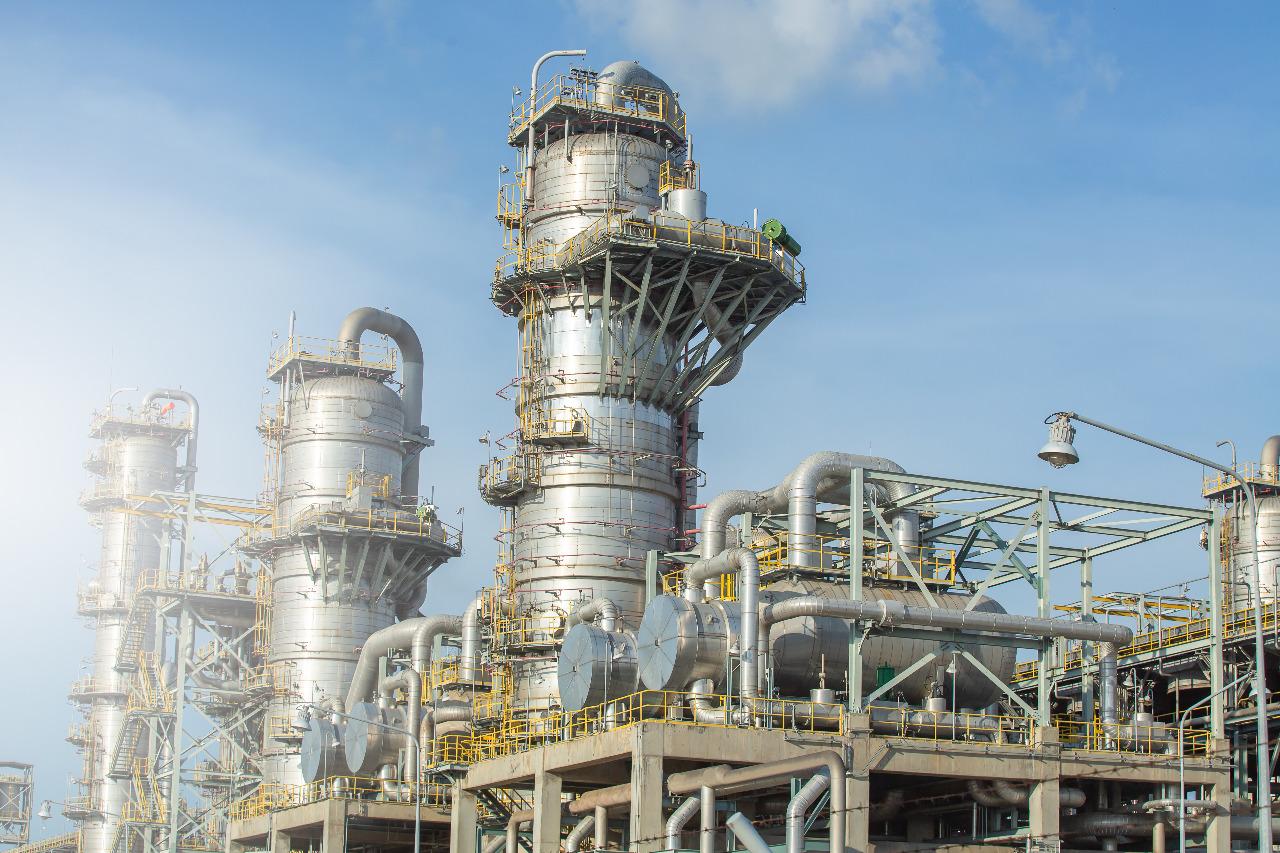Pressure vessels are critical components in various industries, including oil and gas, chemical manufacturing, and power generation. They are designed to hold gases or liquids at a pressure substantially different from the ambient pressure. The American Society of Mechanical Engineers (ASME) Boiler and Pressure Vessel Code (BPVC) provides essential guidelines for the design, construction, and maintenance of these vessels to ensure safety and reliability.

The ASME BPVC is a set of codes that govern the design, fabrication, inspection, and certification of boilers and pressure vessels. It is divided into several sections, with Section VIII specifically dedicated to pressure vessels. This section is further divided into three divisions:
Division 1: Covers general requirements for pressure vessels operating at pressures above 15 psi (pounds per square inch).
Division 2: Focuses on alternative rules for pressure vessels, providing a more rigorous design approach.
Division 3: Deals with pressure vessels designed for high-pressure applications.
Compliance with the ASME BPVC is not just a regulatory requirement; it is essential for ensuring safety and performance. Non-compliance can lead to catastrophic failures, resulting in significant safety hazards and financial losses. Hence, understanding the code and designing pressure vessels complying the code requirements is paramount for engineers and manufacturers involved in pressure vessel design.
I am, therefore, launching this course to help the participants understand the basics of pressure vessel design following ASME BPVC code. Most of the basic theories related to pressure vessel design will be described in this online course. To help the understanding clear we will take up various sample practical problems from time to time. I am sure this course will add a lot of value in your pressure vessel design understanding and at the end of each session I will be available to clarify your doubts that you may be having on the content taught on that day.






























